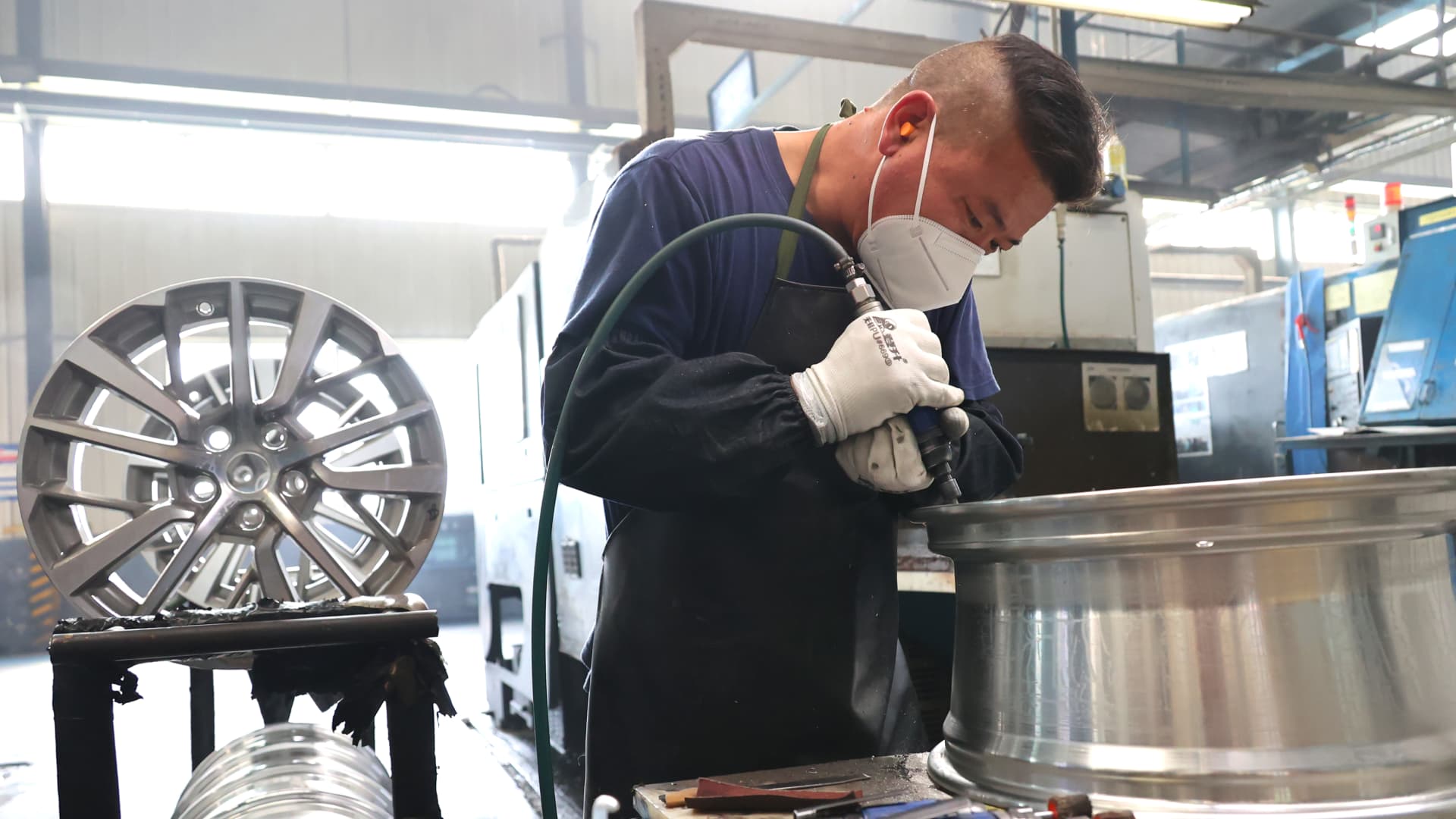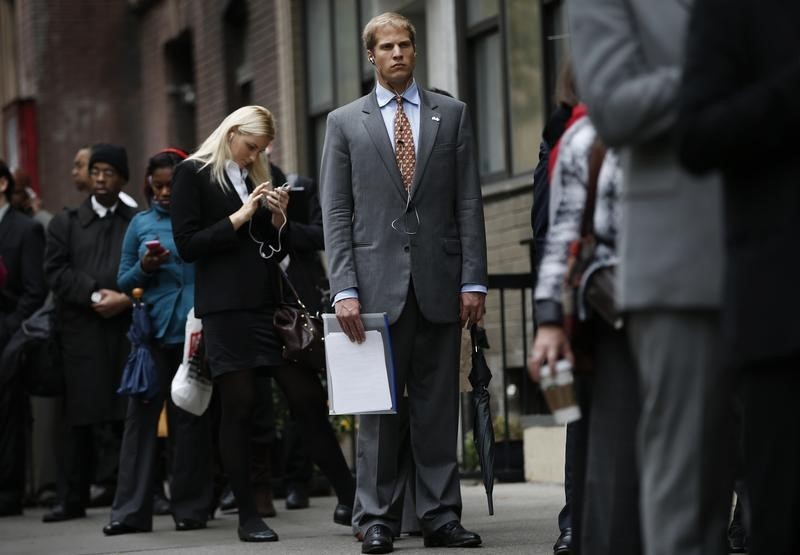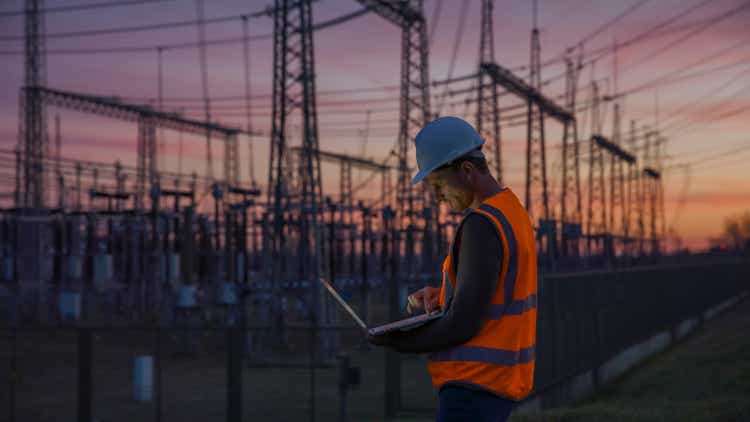There has been widespread portrayal of President Joe Biden’s recent semiconductor export bans on China as America’s declaration of economic war with the country. But, in fact, Washington is merely reacting to Beijing, and it is a late reaction at that.
It is worth recalling that China actually paved the way for formal supply chain decoupling with the Made in China 2025 programme. This was announced seven years ago (before the Trump presidency) and explicitly spelt out the country’s desire to be free of western technology — chips in particular — within the next few years.
The Communist party quickly retired the Made in China phrase after some backlash from the west, but the policies largely continued. More recently, a new emphasis from Beijing on the Military-Civil Fusion strategy added fuel to the fire, with economic and military development goals, particularly around technology, becoming more closely aligned.
I find it hard to believe that anyone who has spent time in China in recent years could have thought that it would be otherwise. Like the US, the country has a military industrial complex with strong roots in technology development. It is also a big, single language market with room to grow and loop other countries into its regional economic orbit, just as America did in the post-second word war period.
You can like or not like the Chinese system, but there is no denying that it has worked well for China. Indeed, it has worked so well that the top beneficiaries of globalisation over the past half century or so have been China, and big multinational companies.
The amazing thing is that some people at the top rungs of those companies, as well as in policy circles, still think that the US should continue to pretend that technology decoupling isn’t a fait accompli. Think about it. In an era in which it is nearly impossible to disentangle military and civilian uses of high-end chips, do you continue to ship those products to your biggest strategic adversary?
Many of the complaints about Washington aggression, and much of the continued reluctance to confront the reality of the new trade paradigm, have come from Europe. I can understand that. Both the UK and the EU are stuck literally in between the two superpowers. It is not surprising that they would like to put off choosing between the two, at least in terms of which technology ecosystem to pick, for as long as possible.
But most Americans (and most Chinese for that matter) tend to prefer plain talk to diplomatic can-kicking. US companies and staff in the chip sector are moving out of China. But many CEOs of American consumer-facing brands that use chips are starting to ask policymakers just how far decoupling will go, and just how quickly. What exactly will US companies be able to sell in China?
The answer will depend on how porous the new rules are, and how many exemptions are given. It will also depend on China’s next move, which may be to restrict some exports of rare earth minerals, the bulk of which it controls. Those are used in the defence industry, as well as in electric vehicles.
The US military could cope, since it has been stockpiling for some time, and allies such as Canada and Australia are also starting to mine more of these materials. The hit to the burgeoning electric vehicle industry, which the Biden administration is trying to encourage, would be harder, since they would be second in line for supply.
What is more, says Christopher Gopal, a veteran supply chain expert who teaches at the University of Southern California, the Chinese could restrict the export of lower-end chips made in the country, which are used in both traditional automobiles and EVs. Even on the most accelerated timetable, it would take the US, in his estimation, at least two years to produce or acquire those from allies in bulk. This would mean that “cars would go up in price, and down in functionality”. China could also cut exports of various electronic components, contributing to inflation in a broad variety of goods.
The bottom line? Countries and companies need redundancy in sourcing. One obvious step would be to ramp up production of low-end chips and components in friendly nations such as India and parts of eastern Europe. Executives will also have to rethink the idea that inventory is bad, which is a big shift from several decades worth of just-in-time supply chain management.
Cost per unit will no longer be the sole metric for any wise purchasing decision, be it public or private. There is now a risk calculation that must incorporate the cost of higher inventories, the amount of time and working capital it will take to build that inventory, and the price of distributing and replenishing crucial goods across new supply chain configurations.
Policymakers must continue to refine their lists of the most critical supply chains, including not just chips, but food, antibiotics and other key pharmaceuticals, energy, PPE and base apparel. I’d argue the commerce department should take the lead on that information gathering. Is all this disturbing to contemplate? Yes. But the only thing worse than wilful blindness is not being prepared for reality.
















